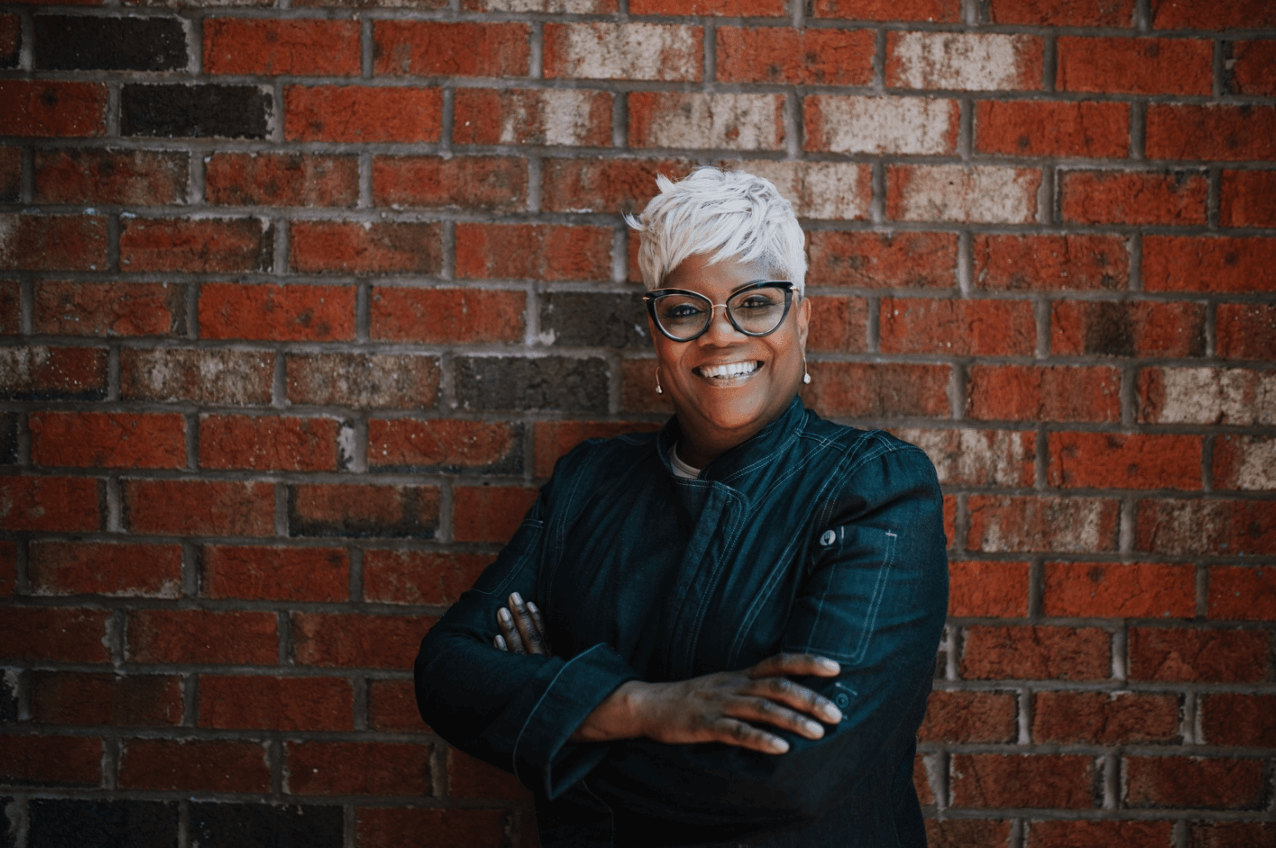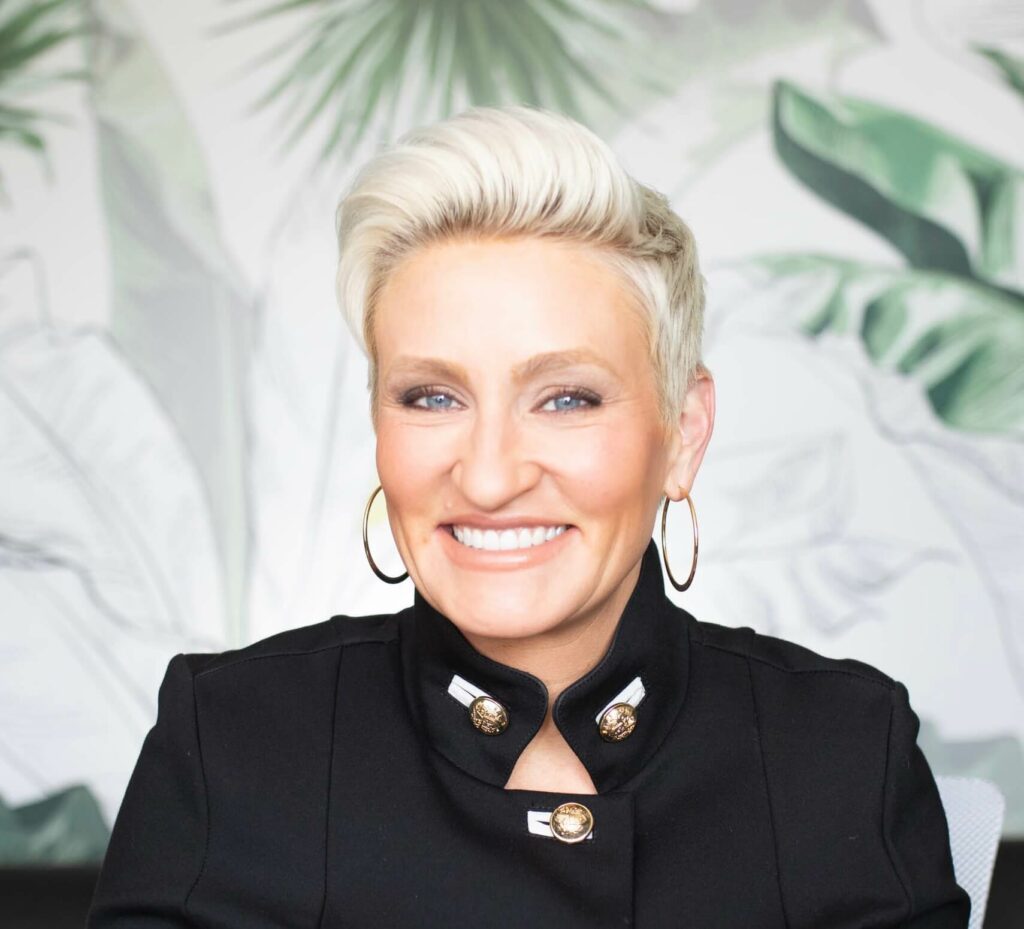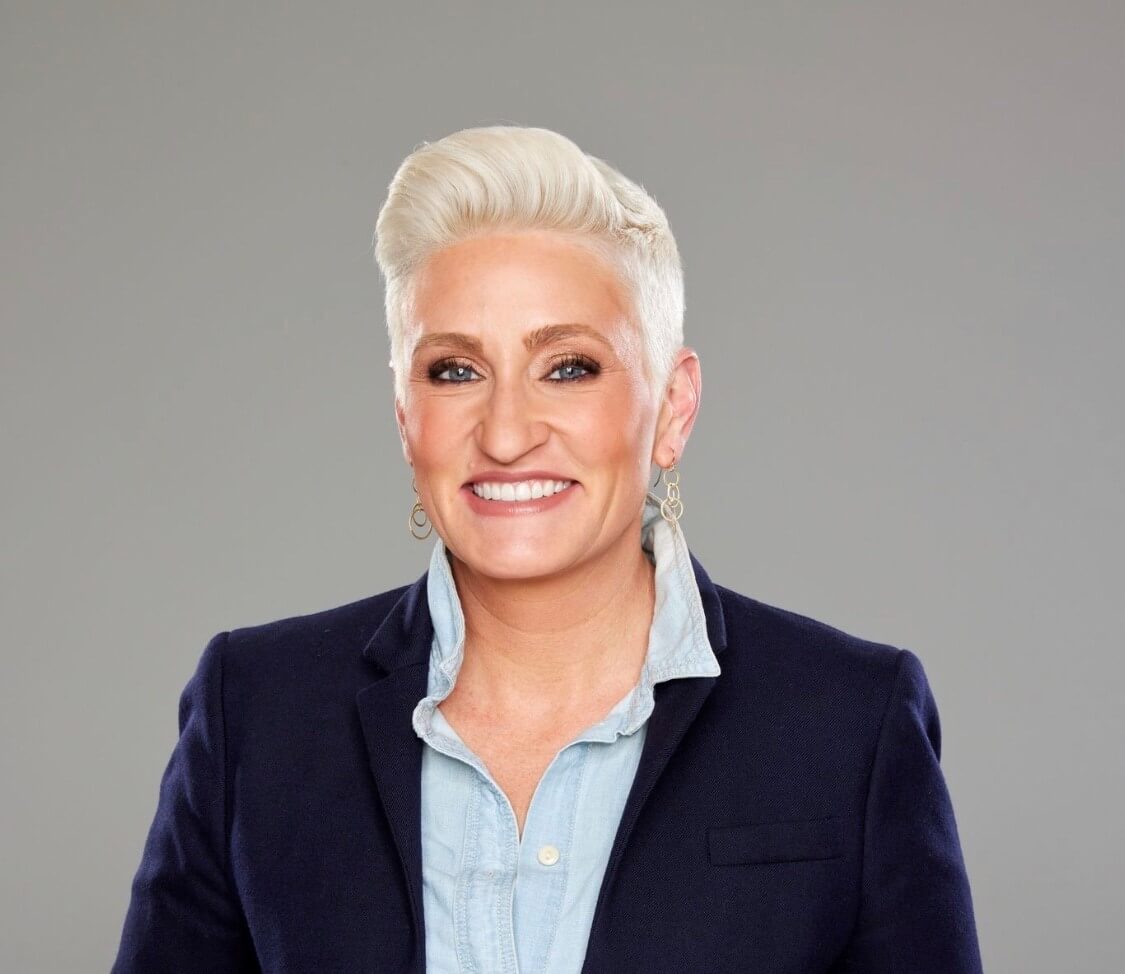In addition to being a nationally renowned chef, Deborah VanTrece is a certified “badass” – seriously, just ask Zagat. She has been redefining soul food in Atlanta for 20 years, and as an entrepreneur, she has also fostered lasting brands and helped start a national conversation about diversity in the culinary world. Below, she dives into lessons about developing a brand, advice she’s received throughout her career, and the importance of philanthropy for restaurateurs.
Q: You have a great knack for memorable branding. You have said it’s not enough to have great food – you need brand personality too. How did you build the Edible Art and Twisted Soul brands?
A: The arena of chefs today has become huge and competitive. Being a great cook is simply not enough to make you stand out in a crowd. It takes more than just good food to get the attention of the masses. Personality, food knowledge, food responsibility, community involvement are all essential components of sustaining a lasting brand. Consumers have become more educated and base their choices on likability of the brand. Over the years with Edible Art and Twisted Soul, I had to learn to be flexible and be willing to shape my brand with the times. That being said, I have consistently immersed myself around my community and peers, so they could get to know me and I them on a more personal level. Through the interaction, I have learned the concerns and needs of the smaller audience around me and have adapted that knowledge to market to a broader audience.
Q: You spent time early in your career as a flight attendant. Did this time inform your approach to customer service?
A: Being an international flight attendant exposed me to so much. The ability to enjoy a spectrum of cultures, their hospitality and customer service practices has been a key component to my “lessons learned.” Languages may be different but certain characteristics of human nature are all the same. We all understand a smile and appreciate assistance. Those are great starts to good customer service.
Q: You’ve said that your favorite dish is the one you haven’t done yet. How do you nurture innovation in your kitchen?
A: My kitchen is a constant experiment in what comes next. My cooks are young and hungry to show what they know and I challenge them to want to know more. I let them know from the beginning that I am looking for the person that wants to take my job, so that I can retire one day and just watch the next ones flourish and have their time.
Q: Do you feel pressure as both an African-American and woman business leader in the food world?
A: I don’t think I would call it pressure, but more of a responsibility to encourage and mentor others who look like me or who are underrepresented. I have been vocal about the lack of recognition and support for women, and people of color in the food industry. Through that activism, I have seen some changes made and will continue to encourage conversation for change until the playing field is even.
Q: What’s the best piece of advice you ever received from a female mentor?
A: The best advice I received from a mentor came from my mother and it was very simple. You have to work twice as hard and be twice as good as an African American woman in this country.
Q: How important do you think it is that companies move beyond basic philanthropy and actually get involved in advocating for and making the lives of their customers better?
A: It’s hard to know the needs of others if you are not willing to roll up your sleeves and talk to those in need. It’s impossible to sit in the Big House and know what is needed in the Out House without getting off the porch. I’ve had painful opportunities to get up close and personal with those that I advocate for and it only makes me more passionate about what I am trying to accomplish.
Q: I think you are a rock star in the business world. If you were an actual rock star, what would be your stage (or band) name?
A: Slice and Dice.



